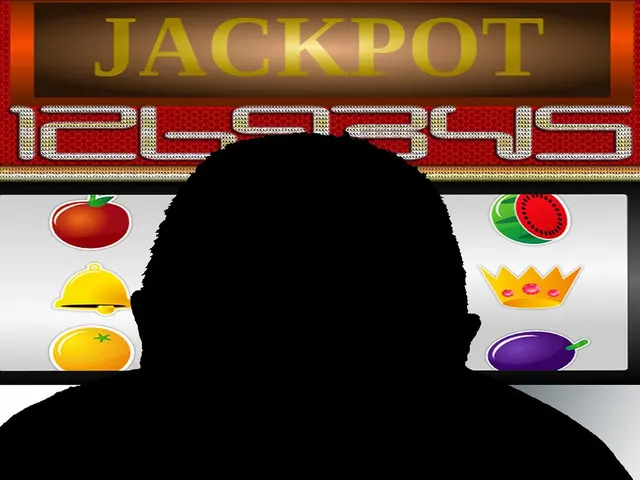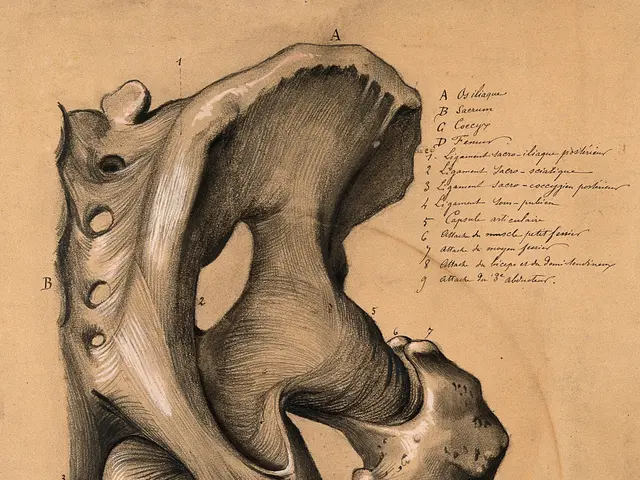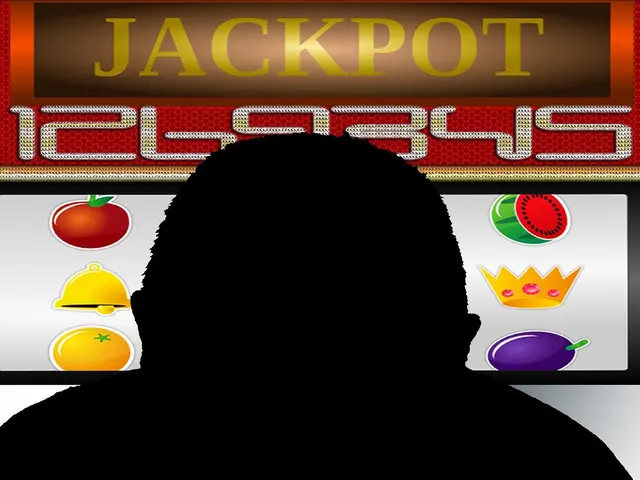Bank Customer in Austria May Recover Stolen Online Gaming Funds: Financial Institution Under Scrutiny
Title: Austrian Gambler's Battle to Recover Stolen Winnings: A Tussle over Jurisdiction and Third-Party Liability
By: Timm Schaffner, Edited by: Angela Burke
Published: 06.05.2025, Last Updated: 08.05.2025
- Austrian Casino Player's Fight for Justice Against a Maltese Online Casino and Banks Involved
- European Court of Justice Pending Ruling on Freedom to Provide Services within the EU
Austrian Player's Frustrating Battle with an Illicit Online Casino
An ambitious Austrian player has lost gargantuan wagers totaling €27k at an illegal online casino based in Austria. Frustrated and determined to reclaim his losses, he's waged a relentless battle, as reported by Der Standard.
The fact that the online casino was conducting illicit activities seems indisputable. Innumerable cases point towards this glaring reality. However, online gambling companies based in Malta are protected from overseas lawsuits, giving them a blanket immunity - courtesy of the infamous Bill No. 55 law.
Although this protection law has been under the microscope of the EU Commission for about two years, it continues to be valid and shields Maltese online casinos from compensating victims for losses sourced from illegal ventures.
A New Legal Strategy: Third-Party Liability Claim against Banks
The Austrian Supreme Court (OGH) has already ruled in favor of the player under the case number 3 Nc 72/24d in December 2024. Unfortunately, the operator of the online casino in this case is unlikely to heed this legal decree.
Yet, a new opportunity for the player has emerged: instead of pestering the online casino, he's formulating a plan to sue the bank where the gambling company's funds are held. To bolster her claim, the player is contemplating legal action against the bank. This would be an indirect accusation, often termed a third-party liability claim. The same approach is being championed by German lawyers as well.
The European Court's Pending Ruling on Freedom to Provide Services within the EU
April 9, 2025, was supposed to mark a turning point, as the European Court of Justice was slated to decide whether foreign online casinos could legally operate within Germany without a German license—relying on the freedom to provide services under Article 56 of the Treaty on the Functioning of the European Union (TFEU).
Even though the ruling targets Germany, its implications for the entire EU are likely to be profound. The core question lies in the relevance of national gambling laws within the EU when compared to the freedom to provide services framework.
However, a definitive verdict is yet to be delivered, with experts believing that the final opinions will not be announced until July 10, 2025. Moreover, this case revolves around a bygone era, the fallout of which remains uncertain.
Steps and Challenges in the Legal Process
Gathering Evidence
- Data Collection: Obtaining transaction records, transaction history, and other relevant documents, establishing that the bank facilitated the illegal gambling activities.
- Legal Basis: Proving that the bank knowingly facilitated the illegal transactions forms the legal foundation.
Filing the Claim
- Legal Representation: Seek legal counsel familiar with both Austrian and Maltese laws.
- Jurisdictional Selection: Choose the most advantageous legal jurisdiction to maximize the chance of success.
Court Proceedings
- Heard in Court: The court hears both parties' evidence and arguments.
- Ruling: Possible outcomes include a decision in favor of the player, granting compensation, or dismissal of the claim.
Enforcement of Rulings
- International Cooperation: If the player wins, enforcing the decision may require cooperation between Austrian and Maltese authorities, particularly if assets are located in Malta.
Complexities and Concerns
Ethical Concerns
- Targeted Advertising and Data Privacy: Ethical concerns might arise from targeted advertising practices and data privacy breaches within the gambling industry.
Regulatory Compliance
- Regulatory Non-compliance: The case might involve allegations of regulatory non-compliance by the bank or casino, further complicating the legal process.
Tussle for Justice: The Long Road Ahead
The legal battle for a third-party liability claim against a bank may prove to be long and arduous. It requires meticulous legal analysis and diligent evidence gathering.
If the lawsuit against the bank fails or the payout is delayed, the player plans to demand bank deposits from the European Central Bank (ECB). However, the timeline for such proceedings could stretch for years, sparking debate and potentially setting a landmark precedent.
Luckily, the player has assigned her claim to litigation funder Jufina, potentially expediting the process and enabling her to receive part of the compensation sooner.
[1] https://www.wko.at/themen/gesetze-rechte/rechtssystem-civilrecht/zivilprozessrecht/schadensersatz/vy-ihre-klaechoeft-wegezuholen/[2] https://www.dataprivacymanager.eu/blog/gambling-companies-and-data-privacy-breaches-a-growing-concern/[3] https://curia.europa.eu/jcms/upload/docs/application/pdf/2020-02/cp200084en.pdf
- The Austrian player's fight for justice against a Maltese online casino and the banks involved in the transaction continues, as the European Court of Justice is yet to rule on the freedom to provide services within the EU.
- Although the Austrian Supreme Court has ruled in favor of the player, it's unlikely that the online casino will comply, leading the player to consider a third-party liability claim against the banking institution.
- German lawyers are advocating for the same approach, as the player intends to sue the bank for knowingly facilitating illegal gambling activities.
- The case, if successful, could set a precedent for other victims of online casino scams, potentially forcing banks to enforce responsible gambling measures.
- The player's legal battle is likely to be lengthy, involving evidence collection, legal representation, court proceedings, and international cooperation if assets are located in Malta, but she has acquired the assistance of litigation funder Jufina to expedite the process.








